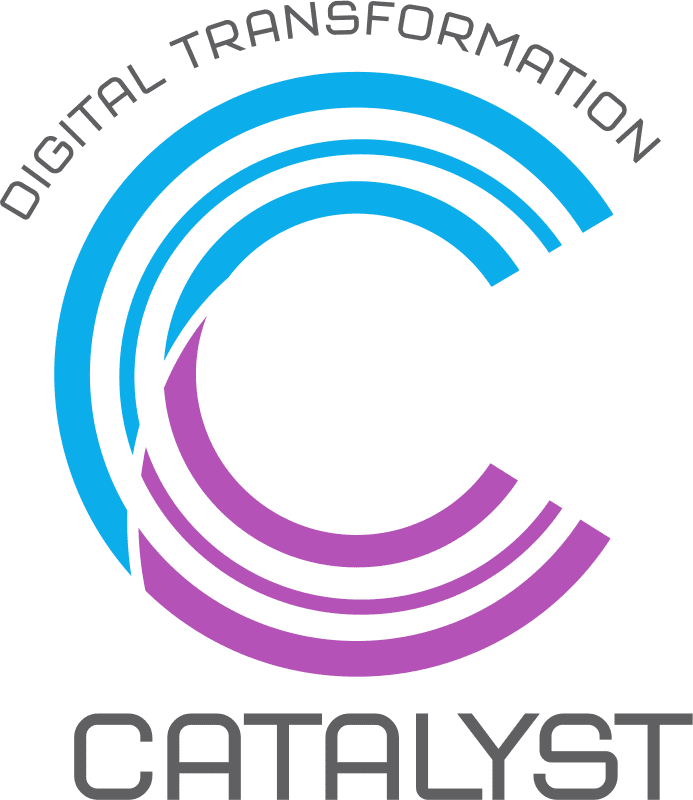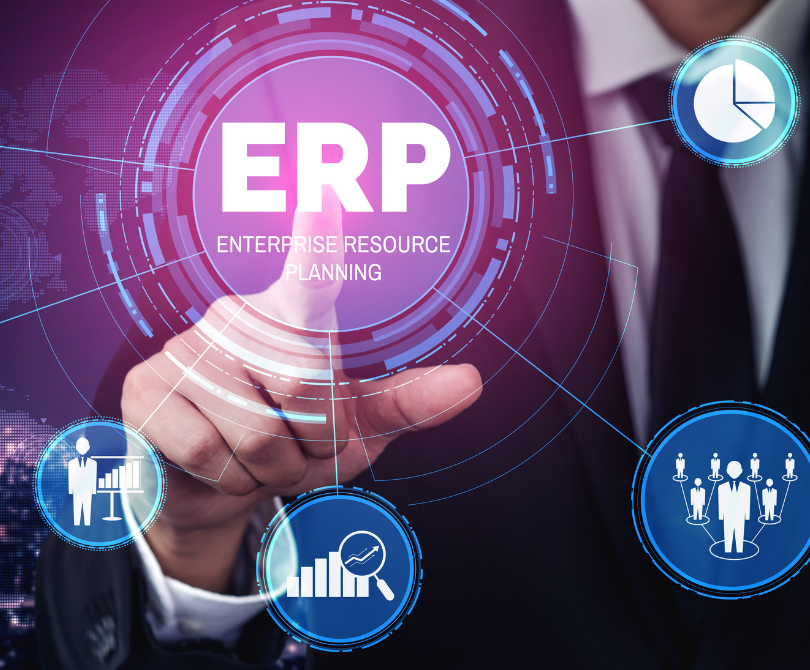Everything You Need To Know About ERP Systems
Enterprise Resource Planning (ERP) systems are essential tools that help companies across all industries manage and integrate vital business functions and processes in a single system. By providing features such as accounting, Customer Relationship Management (CRM), Human Resources (HR), and supply chain management, ERP systems simplify workflows, reduce inefficiencies, and streamline productivity. Companies can manage their entire business operations, from finance and accounting to inventory and procurement, through a single integrated system.
ERP systems such as Business Central also help businesses in decision-making by providing real-time information and insights into various aspects of the business. With ERP systems, companies can improve their operations, increase efficiency, and reduce costs, leading to better overall business performance.
Who Uses ERP Systems?

ERP systems are used by businesses of all sizes and across various industries, including manufacturing, retail, healthcare, education, and government. Large organisations, in particular, rely heavily on ERP systems to manage complex operations and multiple locations. Nonetheless, in the past decade, there is a visible transition towards the deployment of Enterprise Resource Planning (ERP) systems in small to medium-sized enterprises. This strategic move has served to bolster their competitive edge, augment operational efficiency, and prepare these businesses for the subsequent stage of their growth.
How Do ERP Systems Work?

ERP systems integrate data and processes from different departments into a single, unified system. The system uses a centralised database to store all information, which allows for real-time data access and improved visibility across the organisation. The system is modular, meaning businesses can choose which modules to implement based on their needs. Each module represents a specific business process, such as finance or HR, and includes features that support those processes.
Benefits of ERP Systems

There are numerous benefits of implementing an ERP system in an organisation. Some of the key benefits include:
-
Increased Efficiency & Effectiveness of Work
ERP systems automate many of the time-consuming manual tasks associated with managing business processes. This automation leads to increased efficiency, allowing employees to focus on more important tasks.
-
Improved Data Accuracy
With all data stored in a single system, ERP systems help to eliminate data inconsistencies and errors. This leads to more accurate and reliable data, which can help organisations make informed decisions.
-
Better Collaboration
ERP systems facilitate better collaboration across departments and locations by providing real-time access to data. This improves communication and coordination among employees, leading to better decision-making and more efficient operations.
-
Enhanced Customer Service
ERP systems include CRM modules that help businesses manage their customer relationships. By providing employees with access to customer information, businesses can provide better customer service, leading to higher customer satisfaction.
How To Choose the Best ERP System

Choosing the right ERP system can be a daunting task, given the many options available in the market. Here are some key factors to consider when selecting an ERP system:
-
Business Needs
The first step in choosing an ERP system is to identify the specific business needs that the system should address. This includes identifying the business processes that the system should support and the modules that should be included.
-
Vendor Reputation
When choosing an ERP system, it is important to consider the vendor’s reputation. Look for a vendor with a proven track record of successful implementations and good customer support.
-
Customizability
Not all ERP systems are created equal, and some are more customizable than others. Consider the level of customization that is needed to meet the organisation’s unique needs.
-
Integration Capabilities
It is important to choose an ERP system that can integrate with other systems the organisation uses. This includes accounting software, CRM systems, and other business applications.
Methodology To Evaluate ERP Systems

As per Forbes, here are the metrics we used to evaluate the top ERP systems:
- One of the most important metrics was pricing, which accounts for 10% of the evaluation.
- Key features, accounting for 30%, are also a priority, and are considered whether the systems are cloud-based for accessibility, on-premises ERP, warehouse management, real-time updates, reporting and analytics, and software integrations.
- Additionally, unique features, accounting for 20%, are taken into account, such as automation, budgeting and financial management, customer relationship management (CRM) features, forecasting, human resources functionalities, and supply chain management.
- Third-party ratings and reviews, accounting for 10%, to gain a deeper understanding of what real users think of the systems.
- Expert score accounting for 30%, factored in qualitative metrics such as value for price, ease of use, support quality, and popularity, reflecting our own first-hand experience and expertise
ERP Systems – Powerful Tool For All Businesses

ERP systems are powerful tools that can help businesses of all sizes and industries streamline their operations, enhance productivity, and improve their bottom line. By selecting the right ERP system and implementing it effectively, companies can achieve a competitive advantage and position themselves for long-term success.
With the assistance of an ERP solutions expert, businesses can use ERP systems which can be a key driver of growth and innovation in today’s rapidly evolving business landscape.
FAQs
ERP systems work by integrating data and processes across various departments in an organisation. It provides a centralised database that can be accessed by different users across the organisation, and it automates various business processes to streamline operations. ERP systems typically use a modular design, with different modules catering to different business functions.
There are various types of ERP systems available, each with its unique features and capabilities. Some of the common types include on-premise ERP systems, cloud-based ERP systems, hybrid ERP systems, and industry-specific ERP systems. On-premise ERP systems are installed and maintained on the company’s servers and require in-house IT support. Cloud-based ERP systems are hosted on the cloud and offer greater flexibility and accessibility. Hybrid ERP systems combine the features of on-premise and cloud-based systems.
The time required to implement an ERP system varies depending on several factors such as the size of the organisation, complexity of the system, customization needs, and availability of resources. A small business with a straightforward implementation plan may take a few weeks, whereas a larger organisation with complex processes may take several months or even a year.
The cost of an ERP system can vary greatly depending on the vendor, the features included, and the size of the company. Generally, prices for small businesses start at a few thousand dollars, while larger organisations can expect to pay hundreds of thousands of dollars. Additionally, there may be ongoing costs for maintenance, updates, and training.
Yes, ERP systems can typically be customised to meet the specific needs of a business. However, customization can be expensive and may require technical expertise. It’s important for businesses to carefully consider their needs and budget before deciding on customization.


